- Your cart is empty
- Continue Shopping
Product Introduction
Teniva 20 Tablet is a medication used to manage type 2 diabetes mellitus. It works best when combined with a proper diet and regular physical activity to help regulate blood sugar levels. Keeping your blood sugar under control can prevent serious health issues such as kidney problems, vision loss, and nerve damage.
This medicine is usually prescribed when lifestyle changes and other medications are not enough to manage blood sugar effectively. It may be used on its own or alongside other diabetes medicines, depending on your condition. Teniva 20 Tablet can be taken either before or after meals, but it should be taken at the same time each day for the best results. The dosage will be determined by your doctor based on your blood sugar levels and overall health.
It is important to continue taking this medicine regularly as advised by your doctor, even if you start feeling better. Stopping it suddenly can make your blood sugar rise again. While taking this medicine, following your recommended diet and exercise plan is essential for achieving good results, as lifestyle plays a vital role in diabetes management.
Some common side effects may include low blood sugar (hypoglycemia), headache, dizziness, diarrhea, constipation, and increased body temperature. It is helpful to be aware of the symptoms of low blood sugar such as sweating, shakiness, fainting, dry mouth, and lightheadedness. Keeping glucose tablets or sweets with you can help manage these symptoms quickly if they occur. If side effects persist or cause concern, consult your doctor.
Before starting Teniva 20 Tablet, inform your doctor if you have any history of kidney, liver, heart, or pancreatic issues. Pregnant or breastfeeding women should seek medical advice before taking this medicine. Some other medicines may interact with Teniva, so let your doctor know about all the medications you are using. Limiting alcohol consumption is recommended, as drinking alcohol can increase the risk of low blood sugar. Your doctor may also suggest routine tests to monitor kidney function and blood glucose levels during treatment.
Uses of Teniva Tablet
This medicine is used to treat type 2 diabetes mellitus by helping to control blood sugar levels and reduce the risk of diabetes-related complications.
Benefits of Teniva Tablet
Type 2 diabetes is a long-term condition where the body either doesn’t produce enough insulin or resists its effects, leading to increased sugar levels in the blood. Proper management is essential to prevent serious problems like nerve damage, kidney disorders, and heart disease.
Teniva 20 Tablet helps regulate blood sugar when used along with a balanced diet and exercise. By keeping sugar levels stable, it lowers the risk of complications and supports better overall health and well-being.
Possible Side Effects
Most side effects are mild and tend to disappear as the body adjusts to the medicine. However, consult your doctor if they persist or worsen.
Common side effects may include:
- Headache
- Constipation
- Diarrhea
- Dizziness
- Hypoglycemia (low blood sugar)
- Slight increase in body temperature
How to Take Teniva Tablet
Swallow the tablet whole with water without crushing or chewing it. Follow the dosage and duration exactly as directed by your doctor. It can be taken with or without food, but it is best to take it at the same time every day.
How Teniva Tablet Works
Teniva 20 Tablet is an antidiabetic medicine that increases insulin release from the pancreas and reduces the activity of hormones that raise blood sugar levels. This helps bring down both fasting and post-meal sugar levels.
Important Precautions
- Alcohol – Avoid alcohol consumption while using this medicine, as it can increase the risk of low blood sugar.
- Pregnancy – Should only be used if prescribed by a doctor after assessing potential risks and benefits.
- Breastfeeding – It may pass into breast milk and affect the baby, so consult your doctor before use.
- Driving – If you experience symptoms of very high or low blood sugar, avoid driving or operating machinery.
- Kidney and Liver – It is generally safe for people with kidney or liver conditions, but regular monitoring may be required.
Missed Dose
If you forget to take a dose, take it as soon as you remember. If it’s nearly time for your next dose, skip the missed dose and continue with your usual schedule. Do not take a double dose to make up for the missed one.
Vendor Information
- Address:
- No ratings found yet!




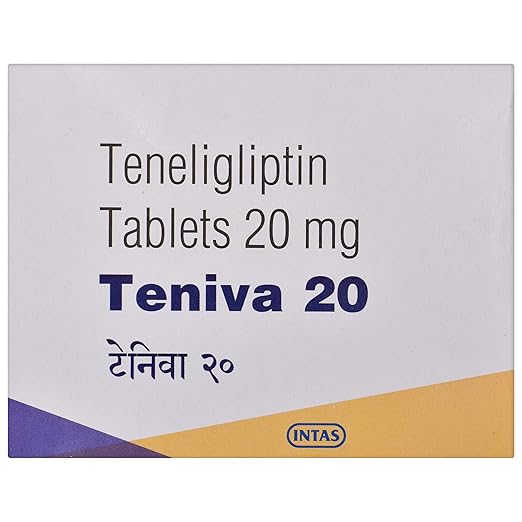

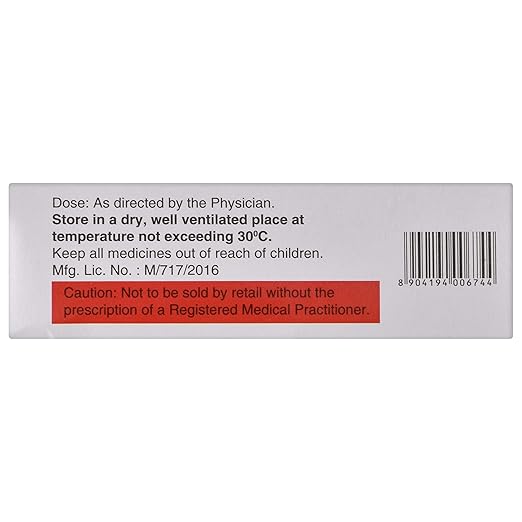
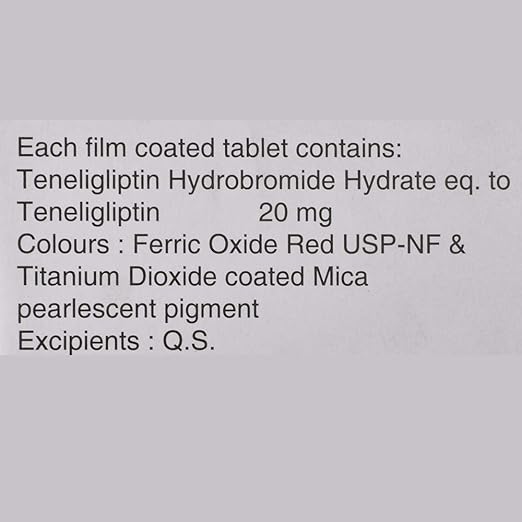
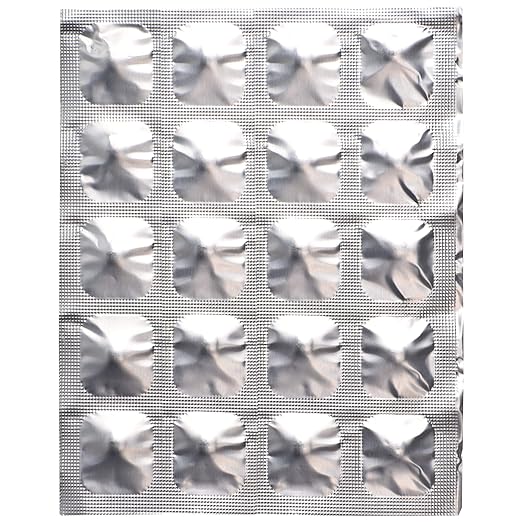
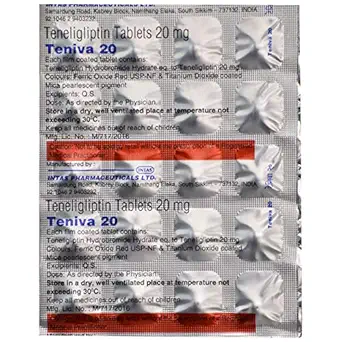
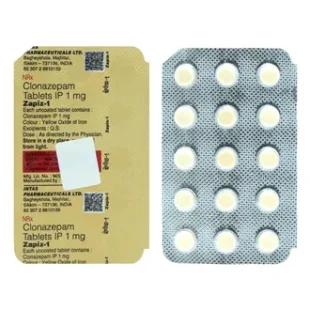

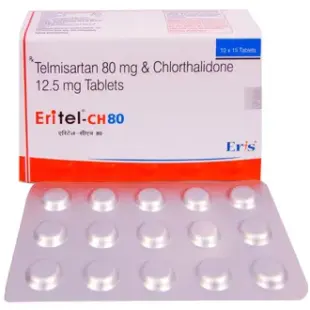
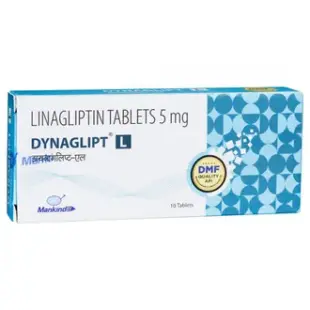
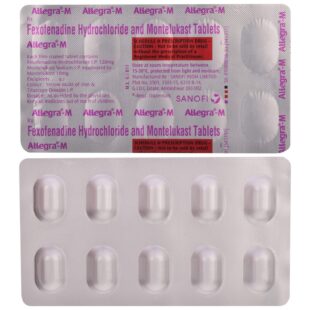
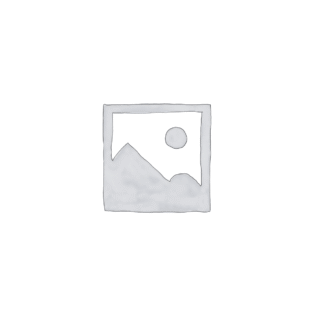
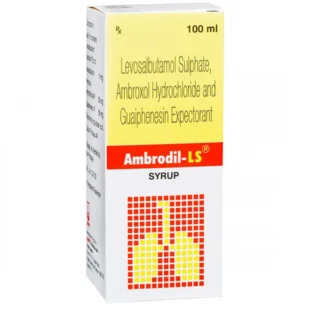
Reviews
There are no reviews yet.